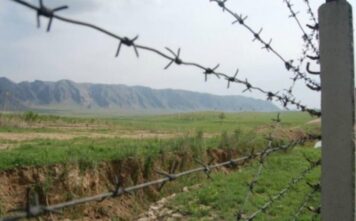Roadmap for Turkey’s next major geopolitical move: What is Ankara’s plan?
08.08
2025
Turkey’s National Intelligence Academy has analyzed the recent 13-day Iran-Israel conflict. In its 40-page in-depth report, the academy examined strategic, intelligence, and political maneuvers in the Middle East, as well as technological ambitions.
The analytical center Pakagits reviewed the report published by the Turkish intelligence academy. The regional geopolitical chessboard has shifted. Essentially, the report outlines a roadmap for Turkey’s next major geopolitical move.
So, what is Turkey’s plan?
- Strengthen ties with NATO, particularly the United States**, while simultaneously deepening relationships with “brotherly countries” such as Pakistan, Qatar, and Azerbaijan;
- Propose to act as a mediator in Iran-US relations, not out of goodwill, but as a strategic move to expand Turkish influence and weaken Iran;
- Support “stability” projects in Iraq and Lebanon, particularly initiatives linked to the “Development Road” project that connects the Persian Gulf to Europe through Turkey.
However, the diplomatic packaging conceals the real objectives: a pursuit of supremacy.
- Turkey’s intention to mediate between the U.S. and Iran is largely a façade, as Turkey and Iran are long-standing rivals;
- Regarding the strengthening of ties with Pakistan, Qatar, and Azerbaijan—all of which maintain deep British connections;
- Turkey is essentially aligning itself with a broader axis friendly to the United Kingdom;
- Discussions of “stabilization” in Iraq and Lebanon likely signal expansion plans;
- Under the pretext of combating terrorism, Turkey aims to maintain a military footprint and consolidate its presence in the region.
In other words, Turkey is laying the groundwork for long-term influence in the region while hiding behind a diplomatic mask.
Read also





